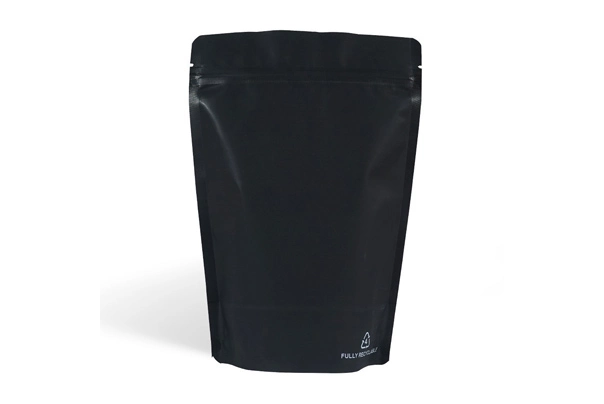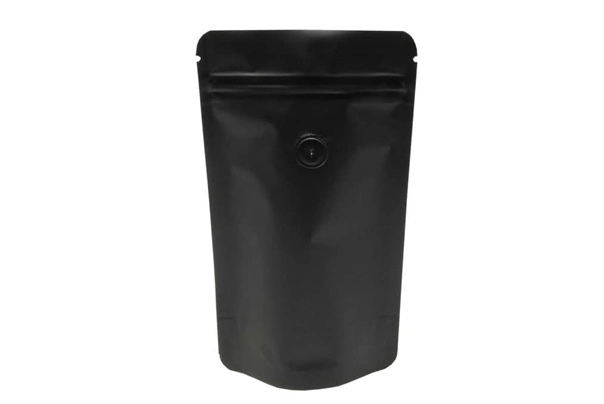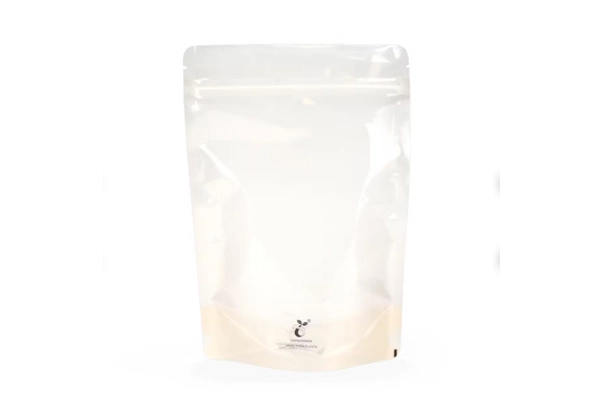×
Brown Kraft Paper Stand Up Pouch
Natural Brown Compostable Stand Up Pouch
White Compostable Stand Up Pouch
Clear Compostable Stand Up Pouch
White Kraft Paper Stand Up Pouch
Black Kraft Paper Stand Up Pouch
Rice Paper Stand Up Pouch
Matte Finish Stand Up Pouch
Glossy Finish Stand Up Pouch
Silver Foil Stand Up Pouch
Clear Stand Up Pouch
Matte White Recyclable Stand Up Pouch
Matte Black Recyclable Stand Up Pouch
Matte Brown Recyclable Stand Up Pouch
Clear Recyclable Stand Up Pouch
Brown Kraft Paper Side Gusset Pouch
Natural Brown Compostable Side Gusset Pouch
White Compostable Side Gusset Pouch
White Kraft Paper Side Gusset Pouch
Black Kraft Paper Side Gusset Pouch
Rice Paper Side Gusset Pouch
Matte Finish Side Gusset Pouch
Glossy Finish Side Gusset Pouch
Silver Foil Side Gusset Pouch
Clear Side Gusset Pouch
Matte Black Recyclable Side Gusset Pouch
Matte White Recyclable Side Gusset Pouch
Matte Brown Recyclable Side Gusset Pouch
Matte Finish Quad Seal Pouches
5LB Quad Seal Pouches
Natural Brown Compostable Flat Bottom Pouch
White Compostable Flat Bottom Pouch
Brown Kraft Paper Flat Bottom Pouch
White Kraft Paper Flat Bottom Pouch
Black Kraft Paper Flat Bottom Pouch
Rice Paper Flat Bottom Pouch
Matte Finish Flat Bottom Pouch
Glossy Finish Flat Bottom Pouch
Silver Foil Flat Bottom Pouch
Clear Flat Bottom Pouch
Matte Black Recyclable Flat Bottom Pouch
Matte Brown Recyclable Flat Bottom Pouch
Matte Red Recyclable Flat Bottom Pouch
Kraft Paper Spouted Stand Up Pouch
Frosted Spouted Stand Up Pouch
Emergency Water Jug Container Bag
Brown Kraft Paper Flat Pouch
White Kraft Paper Flat Pouch
Black Kraft Paper Flat Pouch
Drip Coffee Flat Pouches
Embossed Vacuum Pouches
Vacuum Sealer Pouch with Air Pump Valve
 English
English 




